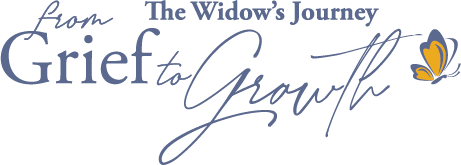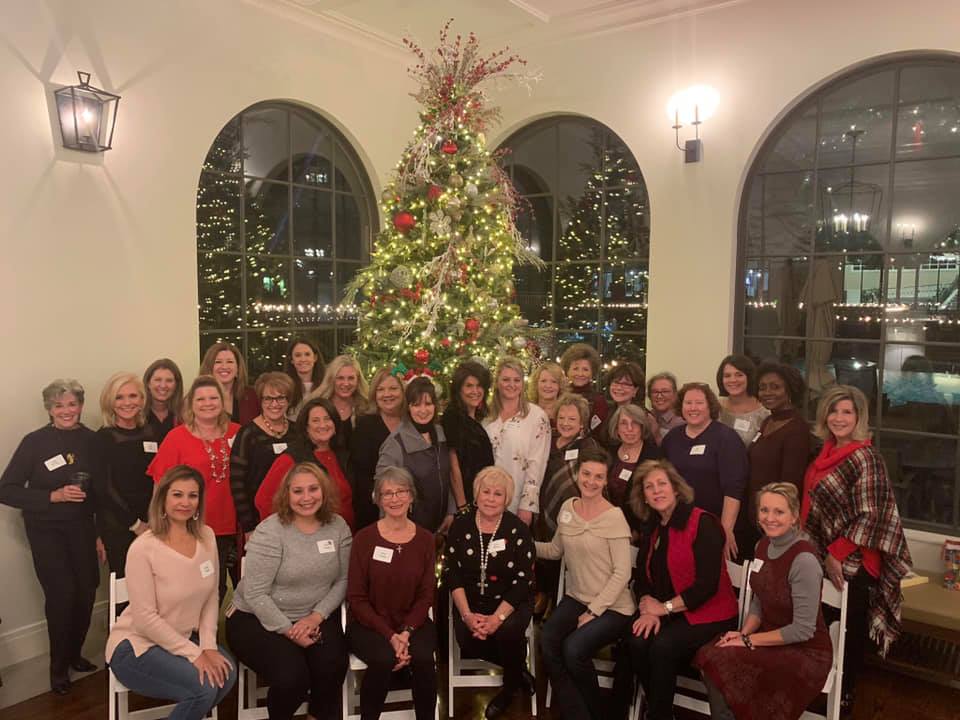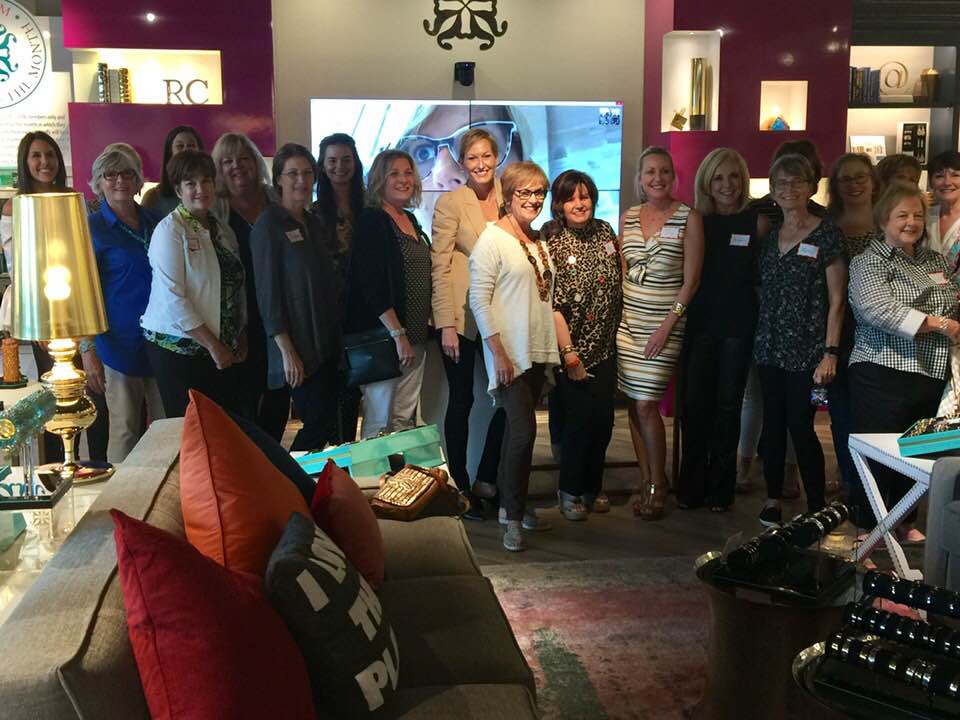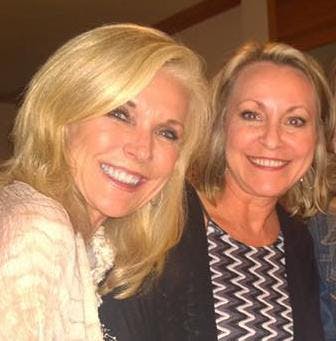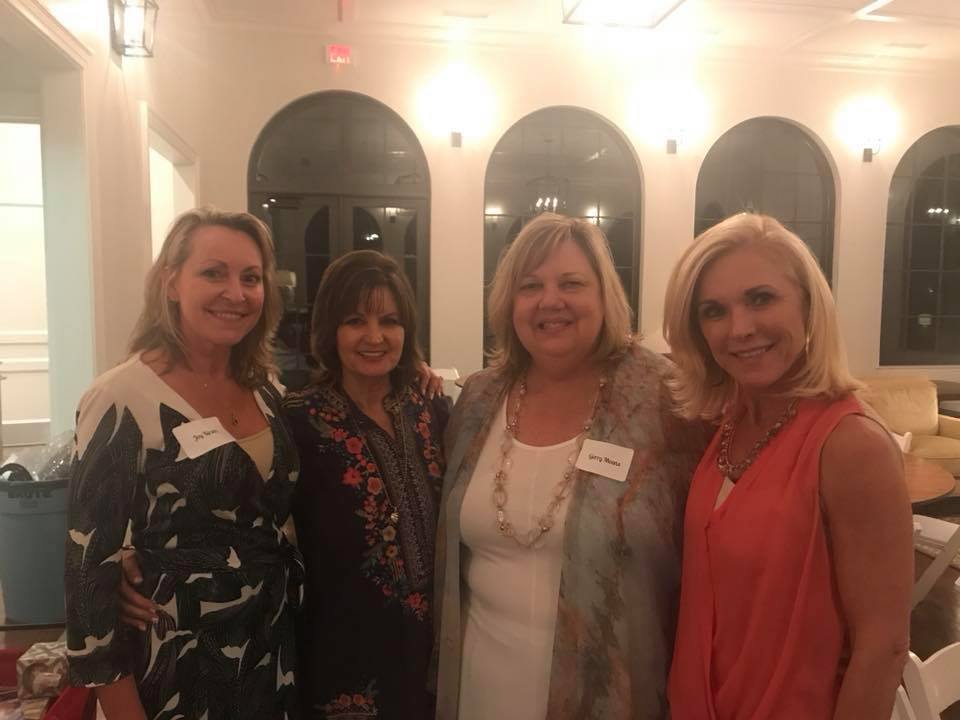Joy Kirsch
President
I was widowed in 1993 at the age of 30. After six years with the man of my dreams and one year living in total hell as he spiraled down into depression and drugs, I was left trying to understand what went wrong and how someone with so much promise could decide that suicide was his best option. I was angry and afraid, and yet so sad and disappointed over the loss of my handsome husband whom I knew to be funny, strong, tender, and loving. I felt cheated out of my dreams, very alone, and financially vulnerable from the surprise debt that he had left me.
Although I was a professional with a degree in economics AND a practicing Certified Financial Planner™, I was totally paralyzed by the experience of widowhood. Suddenly I went from someone who ran a small business and was comfortable with making decisions, to someone who was totally vulnerable and overwhelmed by the sheer amount of decisions that needed to be made. I felt incapable of accomplishing anything.
Since I was raised in a “pull yourself up by the boot straps” kind of family, I ignored my grief and immediately went back to work. I felt a great sense of accomplishment when I was able to check things off my “to do” list, never realizing that I was actually slowing my recovery by ignoring the emotional side of my grief. I put off dealing with anything that required my heart and lived instead inside my poorly functioning brain.
As I slowly got my own financial house in order, I began to study how grief can affect our decision making. Although the brain trust of knowledge around grief is still growing, experts believe that we lose as much as twenty percent of our brain power in times of duress. It’s no wonder widows can make poor decisions…our brains literally aren’t working to their previous capacity! As I became more knowledgeable in human behavior, I began to work with other women who had lost their husbands, feeling like the combination of my personal loss, along with my financial and behavioral science training could be of assistance to them in their own journeys. The one thing that I felt was really missing in our community was a group of widows with whom I could share ideas and turn to for personal advice.
Looking back, I see how my widowhood experience has shaped who I am both personally and professionally. As I have “recoupled” and moved forward into what Christina Rasmussen calls our “Second Firsts,” I recognize that there can be more than one “man of my dreams.” I also recognize that losing my husband at a young age required me to develop resilience skills that I am still using today, it allowed me to form wonderful relationships with other widows (including developing the best girlfriend that a girl could ask for in my co-leader Nanci Masso), and it created the space for me to more fully develop my relationship with my Creator. Professionally, it has created my desire to learn more about life changing events and how they affect our decision making, so that I can prepare others for what lies ahead. My goal, in fact my passion, is to help other widows transition from grief to growth with confidence and a sense of purpose. The Widow’s Journey: from Grief to Growth is the creative expression of that passion.
Every woman’s journey is different and unique, but I sincerely hope that my experience and training, as well as the knowledge and experiences of others gathered here, will be of use to you as you travel your life’s path. I wish you all the best on your journey.
